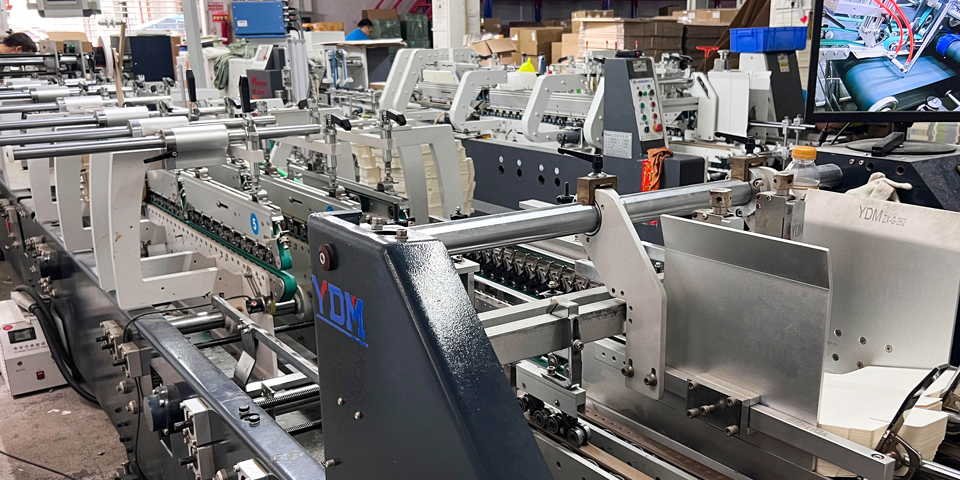Blog
Why can European and American workers work for several generations while Chinese factories are hiring every day?

Taking toilet workers as an example, many dockworkers in the U.S. inherited their jobs—yes, really. Later, with the gradual rise of automation, like the use of gantry cranes, machinery became dozens of times more efficient than humans. Combined with containerization, the number of dockworkers decreased. At this point, labor unions emerged, negotiating with employers to share the profits brought by mechanization with the dockworkers. Just think about it—this sounds almost unbelievable. Moreover, the docks had to find ways to provide employment for the laid-off workers. On the bright side, after mechanization, the need for computer operators and maintenance personnel increased. The dockworkers were also happy because their sons wouldn’t have to endure the hardships they did—instead of working outdoors exposed to wind and rain, their sons could now work in offices operating computers.
A few mind-boggling points:
- The profits from mechanization were actually shared with the dockworkers. Now think about China—after mechanization, workers are simply laid off, and the docks couldn’t care less about their survival. Nowadays, many Chinese docks are ghost towns, with shockingly few people.
Let’s expand on this—this will be China’s biggest problem in the future: the benefits of technological progress are enjoyed by an extremely small group, basically just the bosses.
Moreover, many college graduates may soon realize that what they studied has become a traditional industry. We’re being left behind by the times, and these people make up the majority—the vast majority. So we end up with the lowest wages, and the scariest part is being discarded.
Now look at how Walmart opens supermarkets in the U.S.—when entering a new city, they have to pay the city subsidies. Otherwise, they can’t open. It’s not like “first come, first served” means you can do whatever you want. In China, you can do whatever you want—unless fire safety regulations aren’t met, you know what I mean.
- An individual is powerless against a corporation, so the only way to express dissatisfaction is by quitting. If there were a union, negotiations could happen. Money isn’t even the main issue—what matters is sitting down to talk. But try negotiating in a Chinese factory? No one will listen to you unless you’re high-ranking. The vast majority of factories offer no opportunity for bargaining at all.
